
Hafnia has taken delivery of the ECOMAR GIRONDE, the final vessel in its four-ship ECOMAR dual-fuel methanol newbuilding program developed in joint venture with France’s Socatra, completing the newbuilding series.Built at Guangzhou Shipyard International in China, ECOMAR GIRONDE is a 49,800-deadweight dual-fuel, methanol-capable Chemical IMO II medium-range tanker.

Swan Defence and Heavy Industries (SDHI) has signed its first newbuild contract for six IMO Type II chemical tankers, marking a milestone for India’s commercial shipbuilding sector and the country’s first chemical tanker order placed with a domestic shipyard.The contract, valued at $227 million, was awarded by European shipowner Rederiet Stenersen AS and covers six 18

Singapore-based Seatrium has resolved its dispute with an affiliate of Maersk Offshore Wind, over the delivery of a wind turbine installation vessel (WTIV), originally intended for Equinor’s Empire Wind 1 project in the United States.Under the agreement Seatrium Energy reached with Maerk’s affiliate Phoenix II A/S, the parties will discontinue all legal proceedings related to the contract
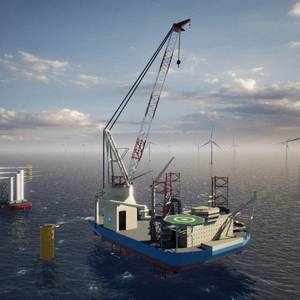
Seatrium has issued a notice of arbitration against an affiliate of Maersk Offshore Wind, escalating a dispute over the termination of a contract for a wind turbine installation vessel (WTIV) intended for the Empire Wind 1 project in the United States.The move follows a notice of arbitration delivered by the buyer on October 21
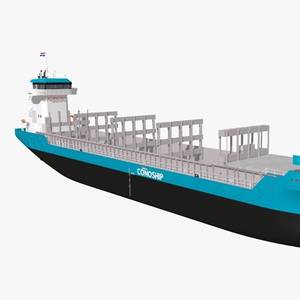
On October 28, 2025 U.S. Senator Dan Sullivan (R-Alaska), Chairman of the Senate Committee on Commerce, Science, and Transportation’s Subcommittee on Coast Guard, Maritime, and Fisheries, convened the Senate hearing “Sea Change: Reviving Commercial Shipbuilding”. This hearing examined how to modernize and accelerate U.S.
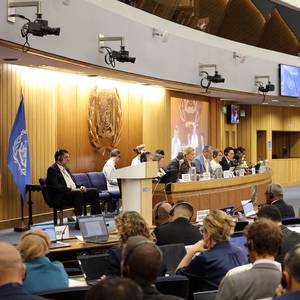
The 110th session of the Maritime Safety Committee (MSC 110) was held from June 18 to 27, with significant progress on a new non-mandatory code of safety for autonomous ships (MASS Code).The code addresses the emerging need for a regulatory framework to ensure the safe, secure and environmentally sound operation of autonomous and remote-controlled key functions.
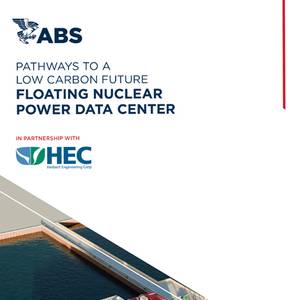
How can the global energy grid keep pace with fast-growing demand from new data centers supporting artificial intelligence (AI) and cloud computing? Nuclear energy and coastal waters offer a potential answer.The potential for floating nuclear-powered data centers is explored in depth in the latest research from ABS and Herbert Engineering.
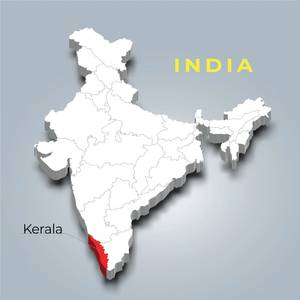
Authorities in the southern Indian state of Kerala are racing to contain an oil spill in the Arabian Sea after the Liberia-flagged container vessel MSC ELSA3 sank over the weekend, releasing fuel and more than 100 cargo containers into the water.The vessel was en route from Vizhinjam to Kochi when it capsized approximately 38 nautical miles off the Kerala coast on Saturday.
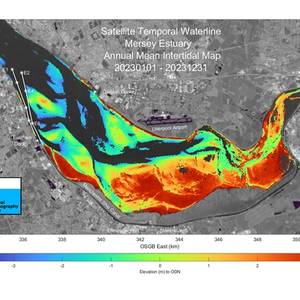
Scientists at the UK’s National Oceanography Centre (NOC) in Liverpool have used satellite data to create insight into the Mersey River that will help port operators be smarter about managing complex navigation channels. Through a project focused on Liverpool’s famous river and funded by the UK Space Agency
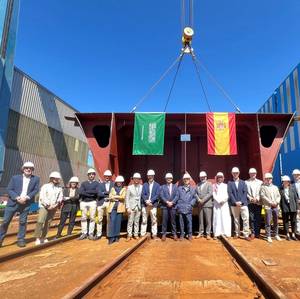
The keel laying of the new research vessel, Thuwal II, for the King Abdullah University of Science and Technology (KAUST) at the Freire Shipyard marks the beginning of a new chapter in marine research in Saudi Arabia, driving innovation in this crucial field for the country. The contract for the newbuild was announced in August 2024.
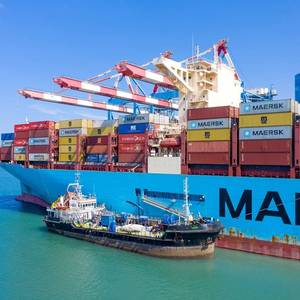
The maritime industry has worked with a single fuel source for over a century and with the rush to meet emission standards in both domestic and foreign markets, adapting to the current list of alternative fuels is going to present significant problems. Each market has its issues whether bluewater, brownwater, coastal, foreign or domestic.
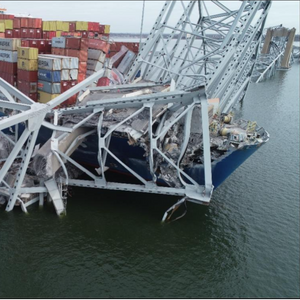
The U.S. National Transportation Safety Board (NTSB) has recommended that 30 owners of 68 bridges across 19 states conduct a vulnerability assessment to determine the risk of bridge collapse from a vessel collision.The recommendation comes as part of the ongoing investigation into the collapse of the Francis Scott Key Bridge in Baltimore.